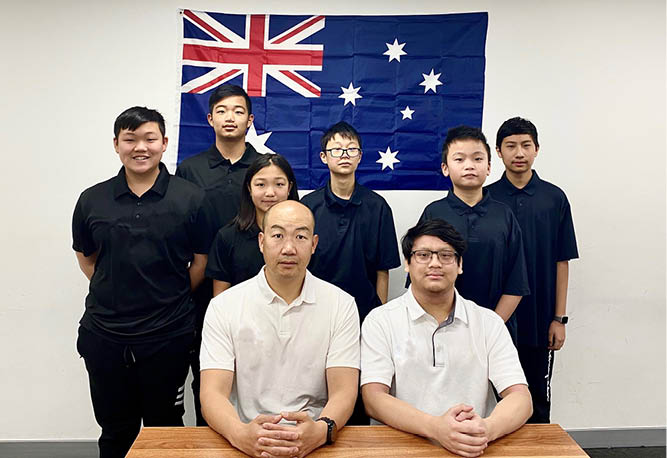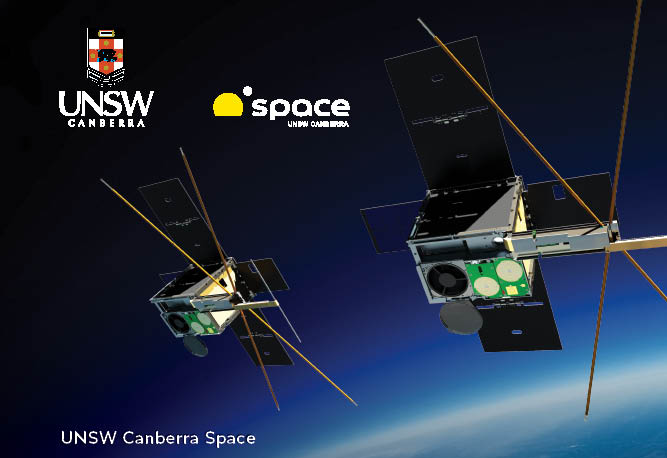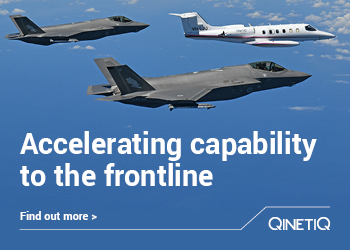How can we nurture the next generation of diverse, bright and well-rounded students with a passion for STEM and the space industry?
The answer lies in an air leak on the International Space Station (ISS) – and only NASA’s Astrobee is able to undertake the emergency repairs to fix it! This is the storyline of the Kibo Robot Programming Challenge (Kibo RPC) for 2021. This is a virtual programming challenge where students develop code for the Astrobee robot, currently located on the ISS.
The Kibo RPC is an international competition hosted by the Japanese Aerospace Exploration Agency (JAXA) in collaboration with NASA and the space agencies of the Asia-Pacific region. Whilst the preliminary rounds of the competition occur on a simulated version of the ISS, the final round with the top 9 teams takes place live from onboard the ISS Kibo research and education module, where code written by the student teams is uploaded directly onto the Astrobee.
The Kibo RPC aims to put school and university students in touch with other bright STEM students across the Asia-Pacific. Another aim is to facilitate current research and development taking place in some of the space industry’s top organisations. The program is designed to develop students’ educational and professional goals to a higher level by giving them the opportunity to pick up new coding languages, learn from actual Astrobee code, and develop creative ways to solve novel problems such as effective robot navigation in microgravity.
Coincidentally, the competition commenced in 2020 around the same time as the COVID-19 pandemic hit. It provided a perfect opportunity for online learning to prove its success in creating STEM programs that teach skills essential to a global, collaborative space industry. The 2020 competition was a huge success, and Kibo RPC returned in 2021 with a new storyline, more teams registered and an increase in participating countries. The atmosphere of the whole competition is positive – countries have the opportunity to work together, to come up with solutions to challenges and develop each other’s coding and problem solving skills.
The One Giant Leap Australia Foundation (OGLA), supported by the Australian Space Agency, hosted Australia’s 2021 preliminary trial round with 15 participating teams. Each team had about a month to learn JavaScript and the Android programming environment, simulate their code on JAXA’s Astrobee simulator, and attain the highest score possible by meeting certain criteria, being accurate, and working under various initial conditions. Along the way, OGLA provided their guidance by hosting free regular live-online Kibo RPC tutorial sessions. The value of collaboration and approachability during the competition was clear – highlighted by last year’s finalists Galen VEX. The team shared their experiences and helped other teams solve problems they had encountered during the 2020 competition. This showcases the collaborative nature of Kibo RPC members. The aim is to nurture, facilitate and grow our space industry.
To determine which team would represent Australia in the International competition, the preliminary Australian trial round was held in early July. Dream Rover from Sydney Robotics Club reigned supreme with an “A” score, successfully completing all the tasks set out and fixing the hypothetical leak on the ISS.
Most interestingly, Dream Rover is a team of Sydney school students. One of the team members is Annabel, an 11 year old student from Artarmon Public School. Incredibly, all Australian finalist teams have been of a school age, even though university teams have also entered. This proves that there is a plethora of bright young students who would benefit from STEM outreach opportunities leading to future career paths.
In late July, the representative teams selected from each of the nine countries came together virtually for the International Programming Skills round conducted by JAXA. This competition was held to provide not only a ranking order but also to arrange the team schedule for the finals to be held in a live hook-up with the ISS in September where their code will actually control the robots in real time and not use a simulator. The Australian team, Dream Rover, took seventh place out of the nine countries. It is a compliment that Dream Rovers are a NSW based team from 5 different schools and most of the other countries are from university-based teams.
Dream Rover expressed their collective interest in space and robotics, which motivated them to succeed in the Kibo RPC:
“We are very enthusiastic about this competition because we are interested in deepening our understanding of space and robotics. During the process of the competition, we developed a special bond through our common interest, and learnt about teamwork and determination. With hope, skill, and some luck, we endeavour to bring the Dream Rover spirit out into space.”
“Inspiring the next generation of the space workforce through STEM education and activities like the Kibo Robot Programming Challenge will help support the growth of Australia’s space industry in the years and decades to come,” said Head of the Australian Space Agency Enrico Palermo.
“A big congratulations to Dream Rover for their accomplishments as part of this year’s challenge. May this terrific achievement inspire many other Australian teams to participate in 2022.”
“We were delighted to be able to support this exciting STEM initiative and we celebrate team Dream Rover’s success,” said NSW Chief Scientist & Engineer, Professor Hugh Durrant-Whyte. “Coincidentally, the NSW Government has announced the establishment of a NSW Space Research Network, so it’s entirely appropriate that we’re encouraging our next generation of scientists to further develop their interest and excitement about STEM, space, robotics and their potential future career prospects in these industries.”
One Giant Leap Australia Foundation has been pioneering these types of opportunities in Australia. Its mission is to invest in tomorrow’s future by providing access to STEM and space education today.
Australia’s space industry continues to expand. There are many opportunities for industry growth, such as Earth observation, and improved communications, surveillance and navigation satellites that will not only grow the space industry but also provide a benefit to other major Australian industries, such as agriculture and mining. This, along with ongoing privatisation and the development of new launch sites in Australia and increasing visibility of our space sector on the international stage, means that the demand for jobs in this sector will grow. This is reflected in the Australian Civil Space Strategy 2019-2028, which aims to create another 20,000 jobs in the industry by 2030.
The Kibo RPC was an experience that has inspired its participants to further develop their interest and excitement about STEM, space, robotics, and the potential future career prospects in these industries.
One Giant Leap Australia Foundation Director, Bob Carpenter OAM stated that – “Unique, high quality, equitable, engaging STEM education opportunities are essential to inspire the next generation of students to improve our nation’s space capabilities and create a well-rounded workforce. Kibo RPC is one of those programs. Are you ready to sign up for 2022?”















